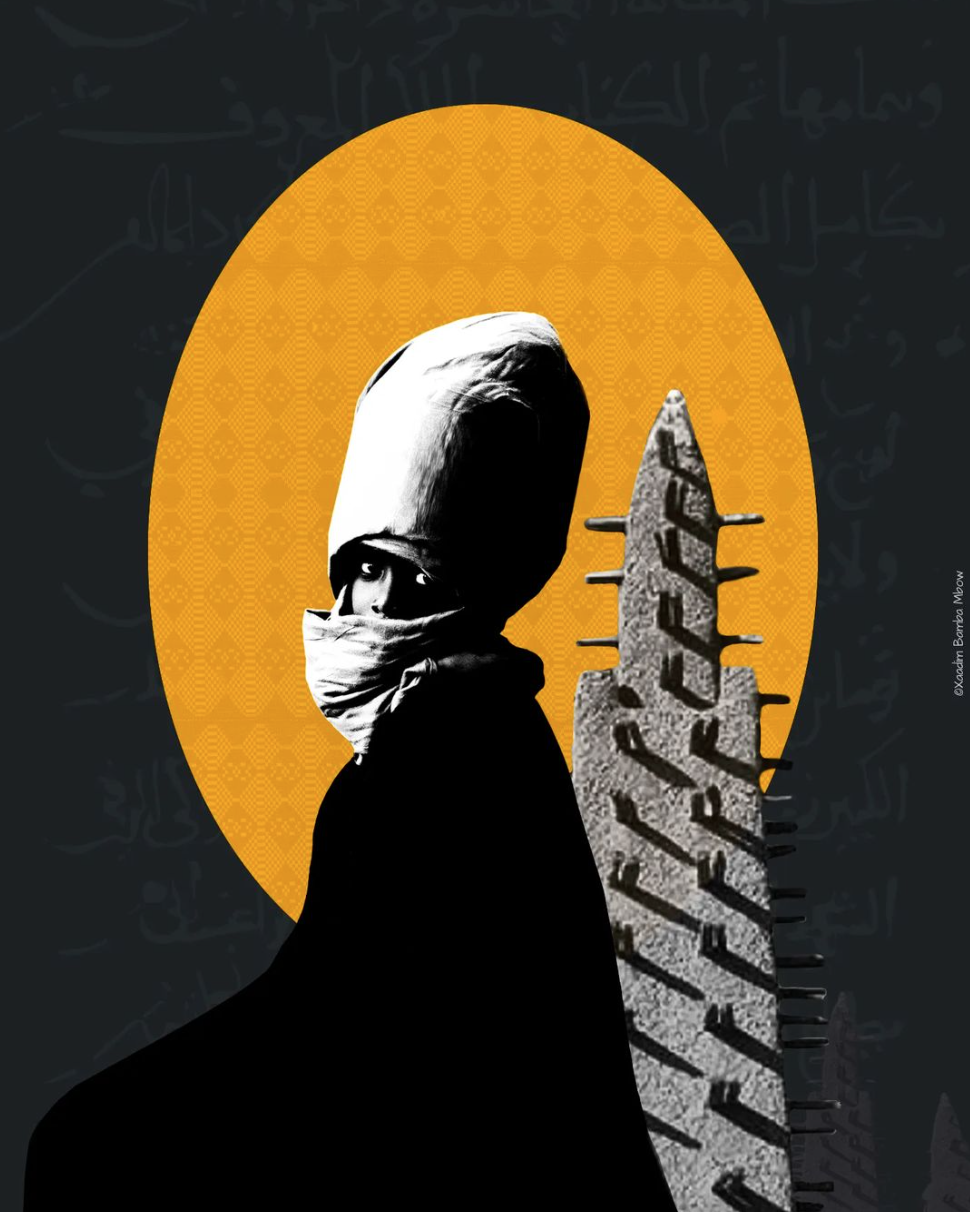Resurrection - Week Two
LIBERATION LECTIONARY - JAZZ APPRECIATION MONTH
Resurrecting Memory
“Anything a Black person does in terms of the figure is put into a political category.” Barkley L. Hendricks
Xaadim
Scripture this Week: John 10
Memory Verses: John 10:7-11
So Jesus said again, “I assure you: I am the door of the sheep. All who came before Me are thieves and robbers, but the sheep didn’t listen to them. I am the door. If anyone enters by Me, they will be saved and will come in and go out and find pasture. A thief comes only to steal and to kill and to destroy. I have come so that they may have life and have it in abundance. I am the good shepherd. The good shepherd lays down their life for the sheep.”
Poetic Meditation: Jazz Fan Looks Back
April is Jazz Appreciation Month.
Wynton Marsalis said “Jazz music is the power of now. There is no script. It’s conversation. The emotion is given to you by musicians as they make split-second decisions to fulfill what they feel the moment requires.”
As well as being one of the world’s most acclaimed jazz trumpeters, Wynton Marsalis is a major public face of the genre, and is artistic director of New York’s Jazz at Lincoln Center. Known for his long running band The Jazz Messengers, which he led from the drum chair, Art Blakey once said “Jazz washes away the dust of everyday life.”
In the poem, “Jazz Fan Looks Back”, Jayne Cortez gifts her reader with a testimony of memory. Do you recognize any names referenced in her remembrances? How would you reflect on a favorite genre, or a musical movement that changed your life? What songs come to mind that are precious to you? What words would you use in your memory of them?
I crisscrossed with Monk - Wailed with Bud, Counted every star with Stitt. Sang "Don't Blame Me" with Sarah. Wore a flower like Billie, Screamed in the range of Dinah, and scatted "How High the Moon" with Ella Fitzgerald as she blew roof off the Shrine Auditorium, Jazz at the Philharmonic
I cut my hair into a permanent tam. Made my feet rebellious metronomes. Embedded record needles in paint on paper. Talked bopology talk. Laughed in high-pitched saxophone phrases. Became keeper of every Bird riff, every Lester lick. as Hawk melodicized my ear of infatuated tongues, Blakey drummed militant messages in soul of my applauding teeth - Ray hit bass notes to the last love seat in my bones.
I moved in triple time with Max - Grooved high with Diz, Perdidoed with Pettiford. Flew home with Hamp. Shuffled in Dexter's Deck. Squatty-rooed with Peterson. Dreamed a "52nd Street Theme" with Fats and scatted "Lady Be Good" with Ella Fitzgerald as she blew roof off the Shrine Auditorium, Jazz at the Philharmonic
Lesson: Not Forgotten
“A certain man from Cyrene, Simon, the father of Alexander and Rufus, was passing by on his way in from the country, and they forced him to carry the cross.” Matthew 27, Mark 15, Luke 23.
Simon the Cyrene, father of Alexander and Rufus. Mentioned just the one time in scripture, forced into a crucial role which surely he never forgot. And according to church tradition/history he was never the same. Since by the mention of his sons, we know they must have been important figures in the church's future. But when was the last time we talked about Simon?
Why was he singled out? It is possible that he was dark skinned in comparison to other people in the crowd. It's possible that the Romans, members of the invading class who saw themselves as ethnically superior to everyone, singled Simon out because he was dark-skinned, and they wanted to humiliate him, in addition to humiliating Jesus. The Romans would have been signaling Jesus is weak by having someone carry his cross.
Many commentators wonder about the significance of naming the sons of Simon. Alexander and Rufus, in ancient tradition, became important people in the early church. Some theories state that Simon’s sons Alexander and Rufus were involved in the early Roman church. This is based on the fact that the Gospel of Mark is the only one of the Gospels to mention Simon’s sons, and tradition holds that the Gospel of Mark is Peter dictating his story to his disciple Mark.
Those who even history forgets, God does not. Though we feel overlooked in people's lives, though we are forgetful people, we can look to a God who never forgets. When we remember the God who never forgets, we experience a few changes in our lives: 1. We will be humble when held accountable for our forgetfulness and our failures. 2. We will begin to remember more people in our life, in our prayers. 3. God's promise to always remember us will be our strength and our stability. This week, let’s try to hold on to a simple and hopefully memorable phrase from this teaching: "I want to remember the God who never forgets." So on this side of the Resurrection, we want to resurrect our belief. Our trust that we are never far from God’s heart and mind. The belief that by the power of Jesus’s Resurrection, we can remember the God who never forgets.
Music: Bless the Lord Chant
This song is reminiscent of Black Spiritual music, one of the great ancestors of Jazz. The lyrics are a direct quote from Psalm 103, which says “Bless the Lord Oh my soul and forget not his benefits!”
Listen on YouTube here



